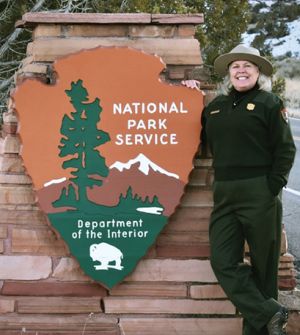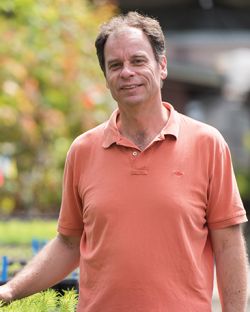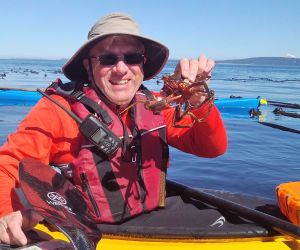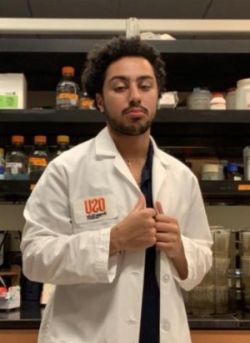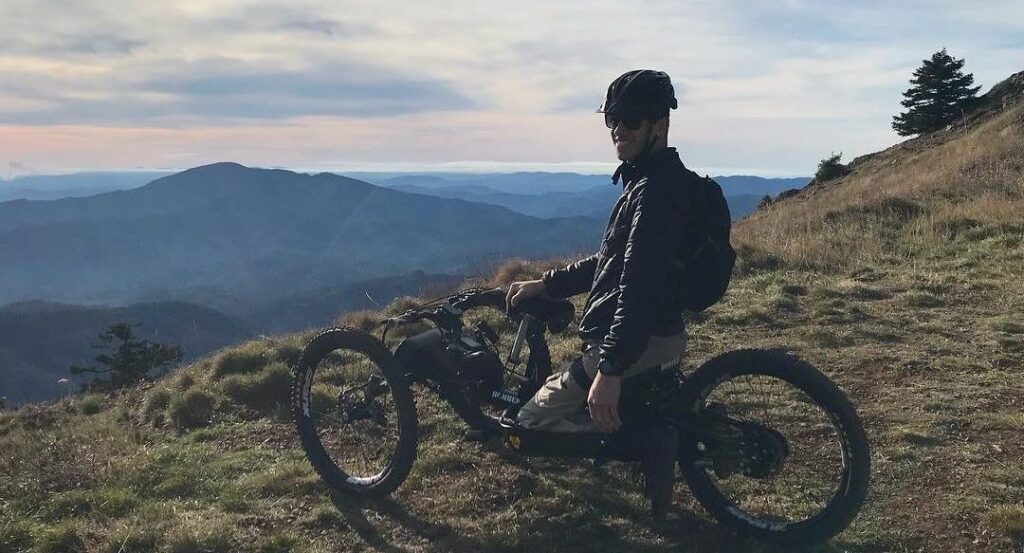
Justin Ariah Fasana has always loved nature, especially the forests of the Pacific Northwest. As a natural resources major with an individualized specialty option in Indigenous environmental policy, he wants to do his part to protect the forests and the communities that rely on them.
“When I realized the importance of natural resources like timber and how communities like my hometown of Willamina rely on them, I knew that I wanted to do my part in making these resources accessible to those that need them the most,” Fasana said.
After graduation, his dream job would be to work in a natural resources department for a native tribe somewhere in the Pacific Northwest.
“I am a proud member of the Confederated Tribes of Grand Ronde, and growing up, I got to see how natural resources have provided so much opportunity for our Tribe to grow into what it is today from almost nothing,” Fasana said. “My uncle worked in CTGR’s natural resources department for many years, and I would love a job very similar to his.”
When it came time to choose a college, OSU’s College of Forestry appealed to him because the courses and degrees offered aligned with what he needed to learn to start his chosen career path.
“Being able to live close to home, study forests I am familiar with and meet people from all over with many different interests in forestry and natural resources were all part of my decision to come to OSU,” Fasana said. “Being so close to home has also allowed me to spend time with family, which is important to me. My dad and I are very adventurous and go on hikes, ride motorcycles, or snowboard together.”
One of his favorite experiences at OSU has been studying abroad at the University of Canterbury in New Zealand, an opportunity available to students thanks to the college’s international programs office. Aside from the many traveling experiences and close friends he made during the five months he spent there, he had the opportunity to study similar topics in natural resources and forestry from a completely different context and learn about New Zealand’s indigenous culture.
Another powerful experience has been the opportunity to work on a research project with a PhD student in the college.
“Being able to see the practical application of all of the things we learn in the classroom has allowed me to better consider what I can do in the future and how I might achieve my career goals,” Fasana said.
When not in class, he can often be found at OSU’s Craft Center, throwing pots.
“Since freshman year of high school, I have been in love with ceramics, particularly wheel throwing,” Fasana said. “I have been working in the pottery studio of OSU’s Craft Center for the past two years, which has been an awesome pastime in between classes.”
Fasana was a recipient of the Finley Academic Scholarship and received an Intertribal Timber Council scholarship, which the college matched.
“These scholarships have made my learning experience much less stressful since I do not have to worry about paying for school as much. I would highly recommend applying for every and any scholarship you come across, in and outside of the College of Forestry, as it can make a world of difference.”
As Fasana looks to the future and towards the end of his undergraduate experience at OSU, he encourages other students to tap into the connections and opportunities available to them at the college.
“I believe I am speaking for everybody in the College of Forestry when I say that we are passionate about what we do,” Fasana said.
“Do not be afraid to talk to professors, test out job and internship opportunities and make friends with people in your major,” Fasana advised. “The college can have a huge impact on your life.”
This story was part of the College of Forestry’s 2019-2020 Biennial Report.

